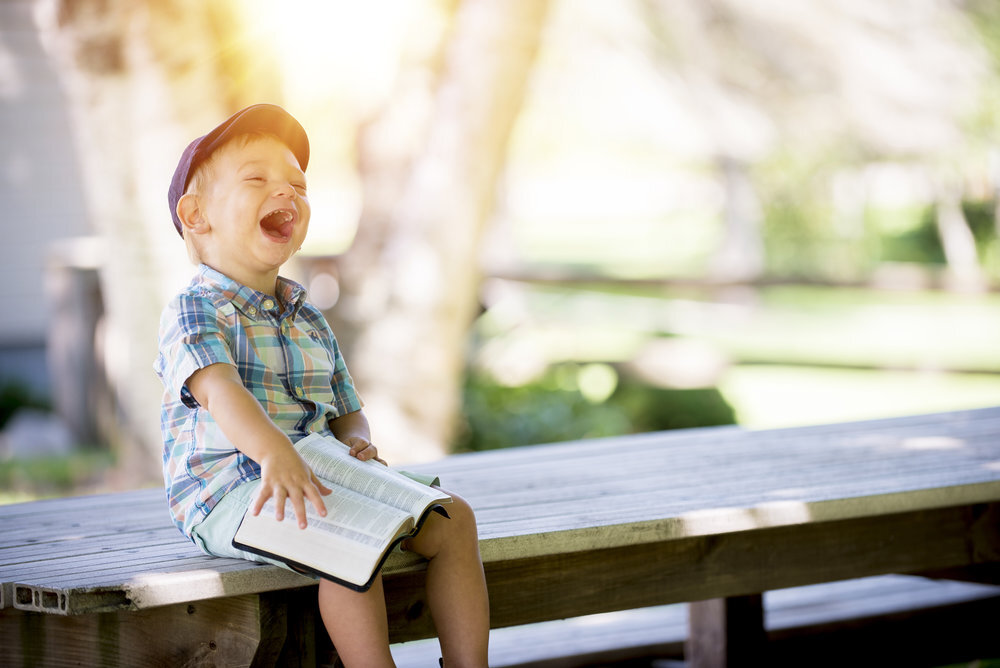Why Is Early Childhood Education So Important?
The term “early childhood education” refers to the period in a child’s life from birth to about age 6. In this article, we look at the reasons why early childhood education is so important in terms of teaching valuable life skills, including interacting with others and developing interests that could last a lifetime.
Early childhood education is about more than just learning basic skills.
Dr. Jessica Alvarado, the academic program director for the BA in early childhood development at National University, notes that during early childhood, children learn critical emotional and social skills from caregivers and teachers. It is also a very crucial period in terms of forging partnerships, both between the child and their parents and between the child and their teacher. Early childhood learning can lay a lasting foundation for the child’s future development and education.
Governments around the world are becoming increasingly aware of the importance of preschool and early childhood education. The United Nations Education, Scientific and Cultural Organization (UNESCO) was created to build international cooperation in areas such as education, science, and peacebuilding. UNESCO’s organizers acknowledge that early childhood education is critical to child development, and that it is more than mere preparation for primary school.
Early childhood education incorporates social, cognitive, physical, and emotional development, building a solid, broad foundation for lifelong wellbeing and learning. In advocating for early childhood education, UNESCO hopes to nurture responsible, caring, capable citizens of the future.
Children benefit from early childhood education in several key ways
Just some of the key benefits include:
· Developing good habits. Children are reassured by daily routines. Continuity helps them feel safe and secure. Routines can also be a great way to introduce and support healthy habits, such as washing hands or brushing teeth. When children understand what is expected of them each day, they are likely to feel calmer and more settled, and consequently, fall into positive sleeping habits. In time, they will begin to take charge of daily activities themselves, such as packing their backpack or getting dressed.
· Becoming emotionally resilient. As a child develops social skills, they learn how to form healthy relationships with others around them. They learn to get along with other children, listen to other people, communicate their feelings and ideas, and share and take turns. Plus, they will learn to become independent. As they grow, they will implement these skills, developing friendships that shape their future and sense of identity.
· Developing numeracy and literacy skills. Numeracy and literacy skills form the foundation of education, but it is much more than just counting, reading, and writing. Children acquire numeracy skills by playing music and singing and literacy skills by listening to stories, drawing shapes on paper, and talking about pictures.
· Instilling a lifelong love of learning. Quality childcare providers do more than simply entertain children; they instill a lifelong love of learning. Early childhood education provides children with cognitive and social experiences, helping them develop positive attitudes toward learning, and ultimately, becoming more independent. These skills can be invaluable in driving a child’s academic success, not to mention helping them settle into primary school.
· Building the foundations for a successful future. The benefits of a solid early childhood education last a lifetime. One long-term study revealed that adults who had a high-quality early childhood education between the ages of 0 and 5 years were more likely to graduate university and enjoy continuous employment. The skills a child acquires during their early years of development are paramount to emotional, social, and academic success.
The importance of psychology in preschool education
Developmental psychology involves the study of patterns of development across a person’s lifespan. Early childhood education generally focuses on an aspect of developmental psychology known as discontinuous development.
In discontinuous development, lifespans are broken down into stages, based on either behavior or age. There are three prominent stages of early childhood development:
1. Trust vs. Mistrust. The child’s trust in their mother is tested by separation from her. Caregivers and teachers must help the child learn to trust in them, classmates, the environment, and the world at large.
2. Autonomy vs. Doubt and Shame. The child begins to develop a sense of independence and autonomy but experiences conflicting emotions of self-consciousness, shame, and doubt. The child’s ego is fragile at this stage, and denying their autonomy can trigger negative emotions. Early childhood educators recognize the need to support the child’s autonomy as individual preferences emerge (for example, a like or dislike of certain foods or clothing).
3. Initiative vs. Guilt. Between the ages of 3 and 6, the child enters the third stage of development. This involves learning appropriate ways of asserting their control over situations (e.g., telling others what they want to do, trying new things, and learning a new sense of purpose).
As Dr. Alvarado explains, early childhood education has a lasting impact on development and academic success. Parents and educators need to work together very closely. By laying the right foundation, parents and caregivers set the child on the right track toward future learning and development, with positive experiences in early childhood education echoed throughout the child’s entire lifetime.


